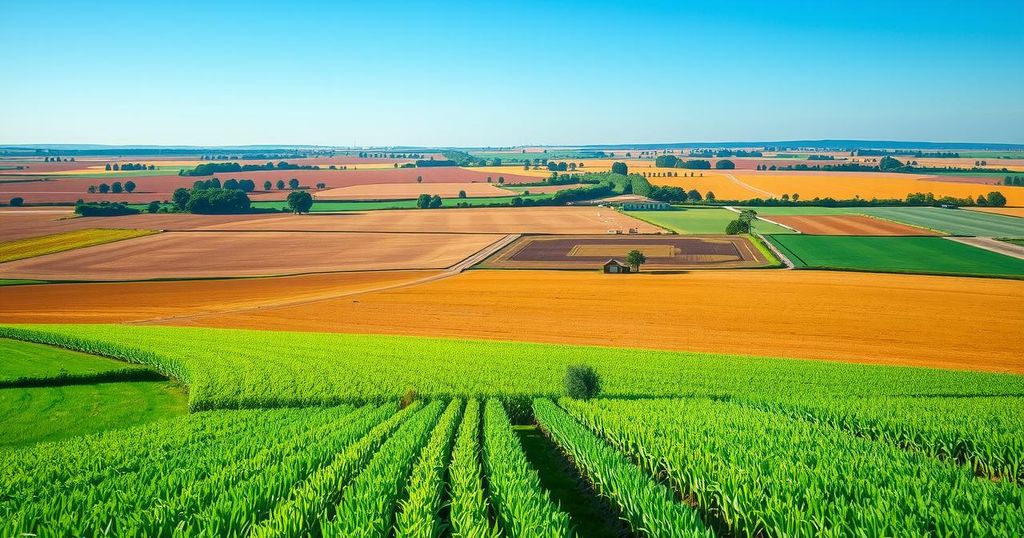In Colombia, only 26% of rural women own the land they farm, despite contributing almost half of agricultural production. Through Fensuagro, these women are advocating for peasant and popular feminism, which emphasizes land rights and gender equity. Their movement addresses the challenges posed by patriarchy, neoliberalism, and land dispossession while promoting food sovereignty and community-led initiatives.
In Colombia, rural women play a vital role in agriculture, yet only 26% of them own the land they work. Through the National Unitary Agricultural Trade Union Federation (Fensuagro), these women are leading a movement integrating peasant and popular feminism, rooted in collective struggle and solidarity. Their efforts not only challenge the agribusiness model but also emphasize the significance of land and dignity in rural communities.
These women produce nearly half of the food consumed in rural areas and have been protectors of native seeds and ancestral knowledge, essential for food sovereignty. This concept encompasses the communities’ right to choose what to cultivate and serves as a form of resistance against industrial agriculture, which frequently displaces rural populations, particularly women.
Fensuagro underscores: “Peasant and popular feminism is women’s struggle for land, for water, for the right to live with dignity.” This movement confronts the intertwined issues of patriarchy and neoliberal economic pressures designed to uproot women from rural areas.
The movement is spearheaded by organizations such as the Latin American Coordination of Rural Organizations (CLOC) and La Vía Campesina, fighting against numerous oppressions including violence and gender inequality in rural environments. It highlights the necessity for substantial reforms focused on social justice and gender equity as central goals.
Despite representing about 40% of the agricultural sector, rural women face significant barriers due to limited land ownership opportunities. Fensuagro emphasizes that lack of access to land hampers their autonomy, highlighting that only 26% of rural women own the farmland they cultivate. However, these women have successfully established popular education initiatives, agricultural cooperatives, and political training to foster community leadership.
The struggle of Colombian rural women highlights the intersection of agricultural production, feminism, and social justice. By confronting systemic barriers, they advocate for land ownership, gender equity, and food sovereignty, showcasing their essential roles in both agriculture and society. Their collective actions signify the emergence of a transformative feminist future for rural Colombia, affirming that sustainable change requires inclusivity and equity in land ownership and agricultural practices.
Original Source: viacampesina.org






